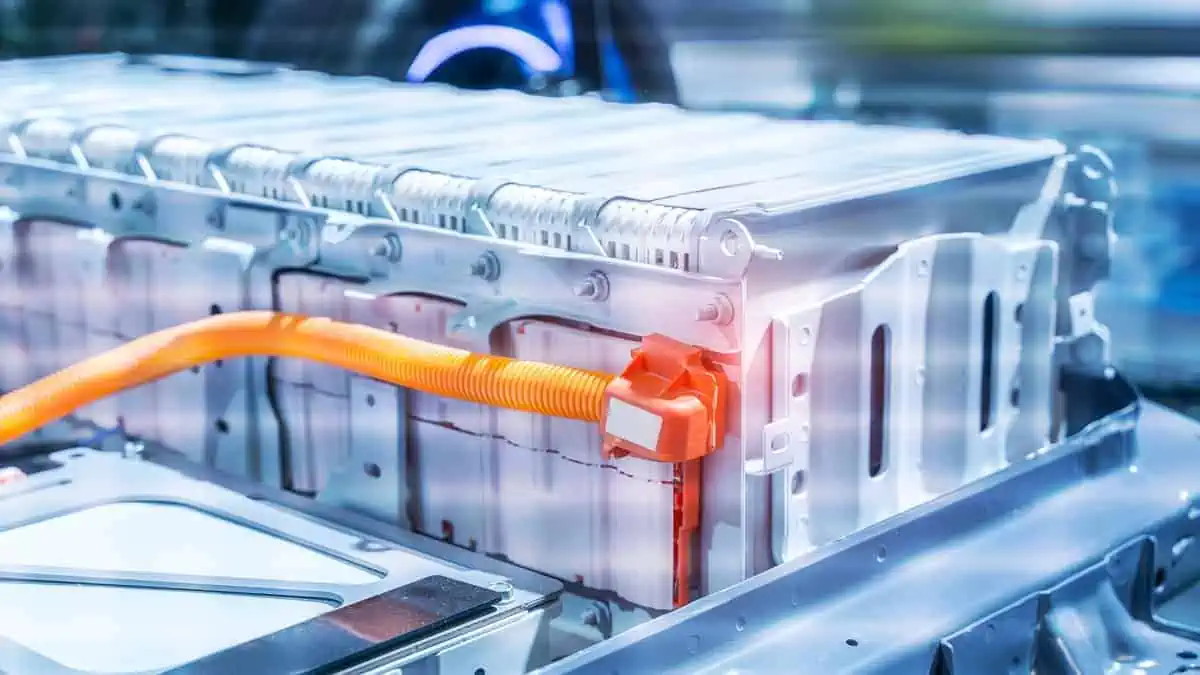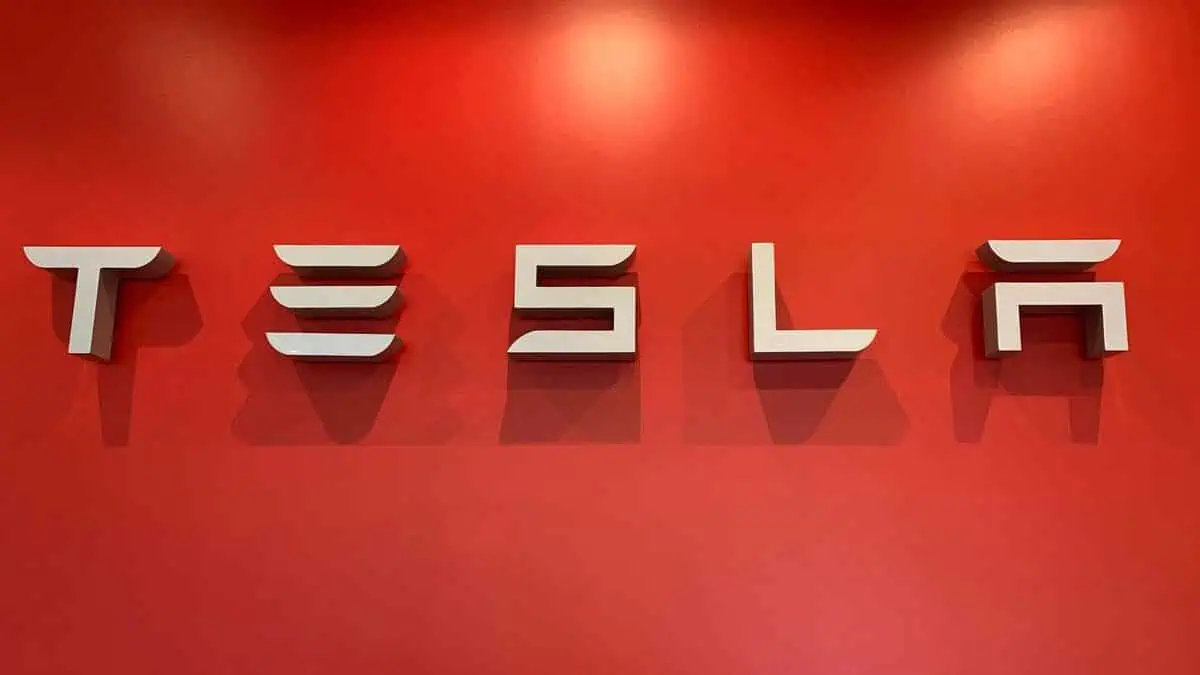The United Kingdom has a huge potential to advance as a major player in the global battery recycling industry, according to a recent report released by the Innovate UK KTN Cross-Sector Battery Systems Innovation Network.
However, it noted the crucial need for partnership across the relevant industries for the UK to achieve such advancement. It must involve the government, institutions, and the battery industry, among others.
“It’s well-known that EVs are going to play a key role in the UK’s race to net-zero by 2050. Collaboration is essential for success, from industry stakeholders and researchers, all the way to Government to develop the right strategy for the volume of EV batteries that are coming.”
Co-author of the report, Nikoleta Piperidou
2035 UK Battery Recycling Industry Vision highlights
The report outlined the significant areas for R&D, policy and regulation, charging infrastructures, and skills.
It calls for sustainable battery recycling methods and safe and efficient battery pack discharging. In addition, it also indicated the importance of a trained and qualified workforce. These basic requirements will aid the UK in guaranteeing sufficient battery material supply like cobalt and lithium.
Moreover, an effective battery recycling network will also encourage more investments from global battery makers. It can attract them to establish their facilities in the country, which can potentially offer battery recycling hubs with skilled workers and plenty of battery material supply.
That said, immediate government initiatives are necessary to advance UK’s position in the battery recycling industry.
“Without going into the politics of supply monopolies, there’s already a finite amount of raw material to make batteries, and with over 450,000 tonnes of cell production predicted for 2040, we must act now to develop the end-of-life infrastructure required for this demand.”
Sheena Hindocha, Co-author of the report
The report also calls for a standardized EV battery technology for an easier pack discharge approach. As of now, electric automakers employ their own battery cell chemistry, which requires a specialized process.
In addition, it also emphasized the need for a precise industry practice to control battery prices and secure a safe transporting process. It can apparently be done by employing a battery State of Health (SOH) to determine the batteries’ status.
See Also:
- Recharge, an Australian startup, to take over Britishvolt, a UK battery manufacturer.
- UK: Battery electric vehicles held 16.9% of the UK auto market in May
- UK to beat Spain in securing Tata’s EV battery factory investment
- UK: EV production surged 71% since January
- UK: Plug-in cars record hit 44,470 sales and 25% market share in June 2023
The UK can truly dominate the battery recycling industry, which can significantly aid it in achieving its EV and carbon neutrality targets. However, the government and the relevant industries must cooperate to immediately explore this business to ensure its advancement.
You can access the full report here.






